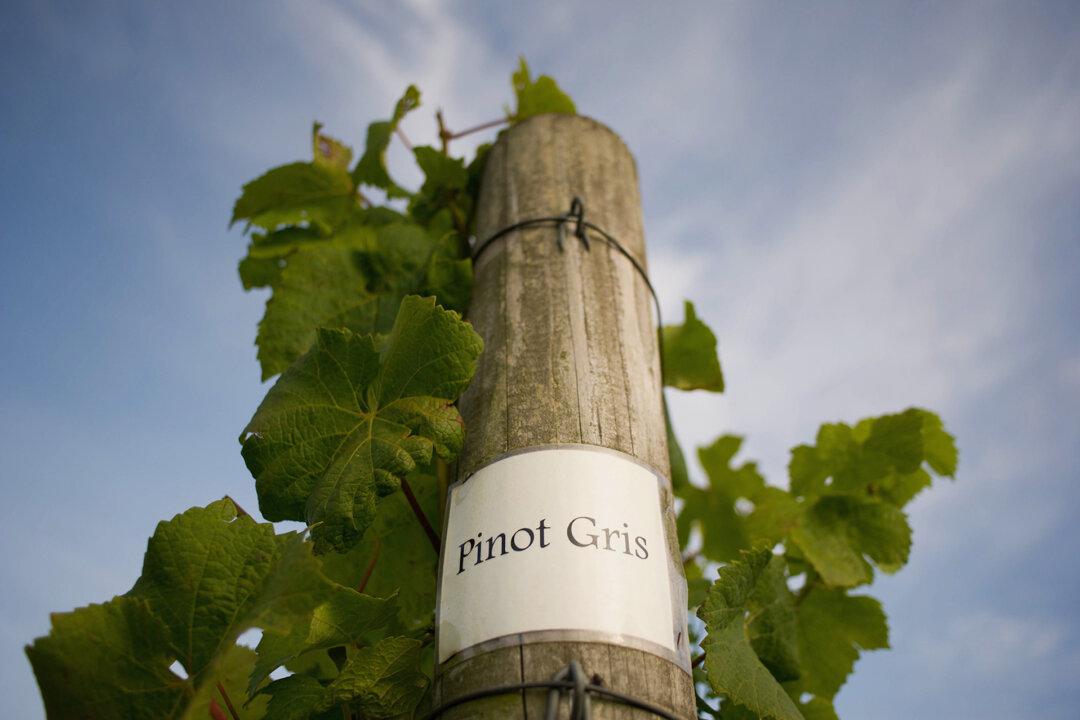By Elin McCoy
From Bloomberg News
Eavesdrop in trendy wine bars, as I frequently do, and you hear drinkers dissing ever-popular pinot grigio as so bland and boring, lowbrow and déclassé that only those who don’t know any better would order a glass.

Eavesdrop in trendy wine bars, as I frequently do, and you hear drinkers dissing ever-popular pinot grigio as so bland and boring, lowbrow and déclassé that only those who don’t know any better would order a glass.